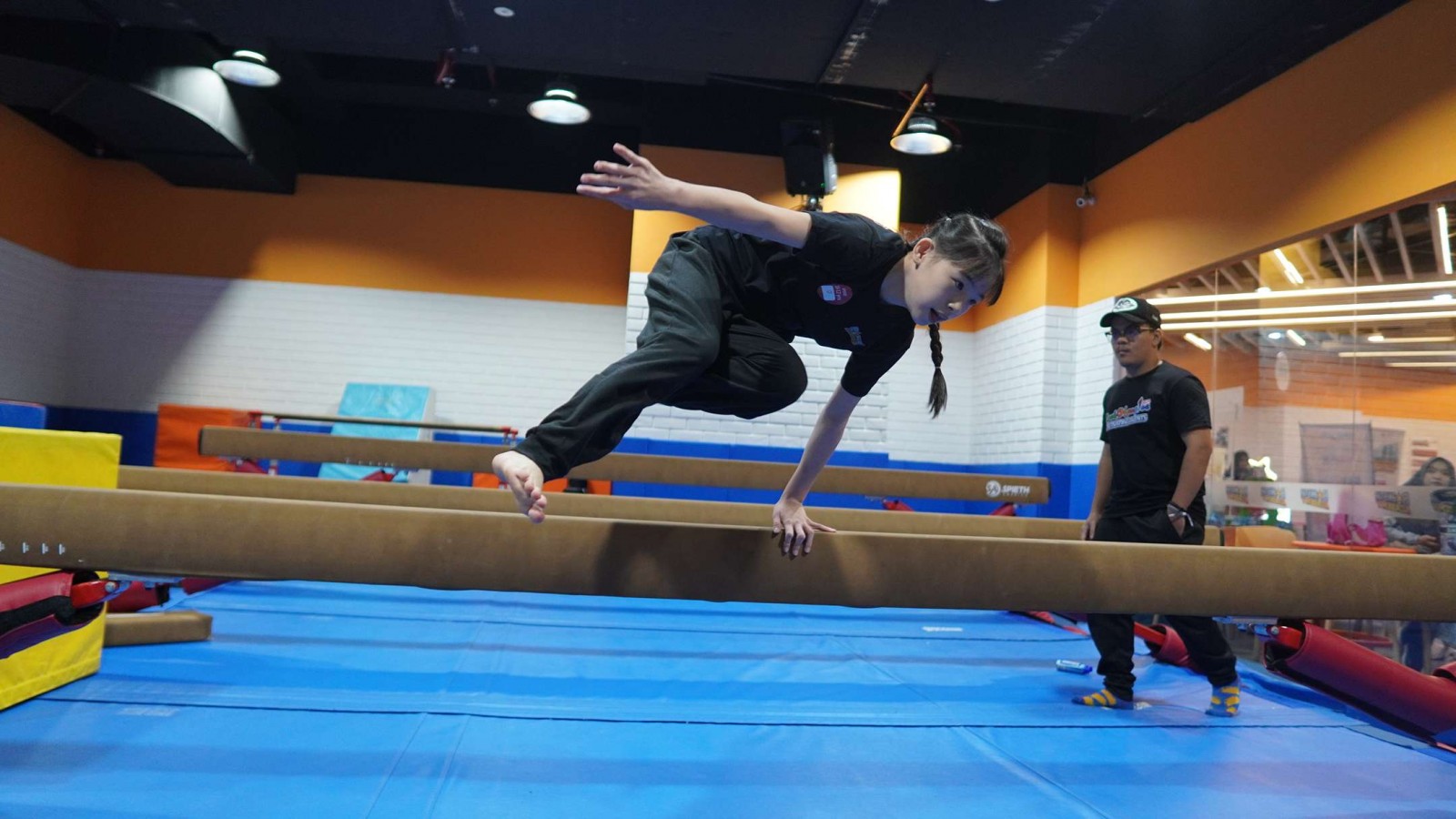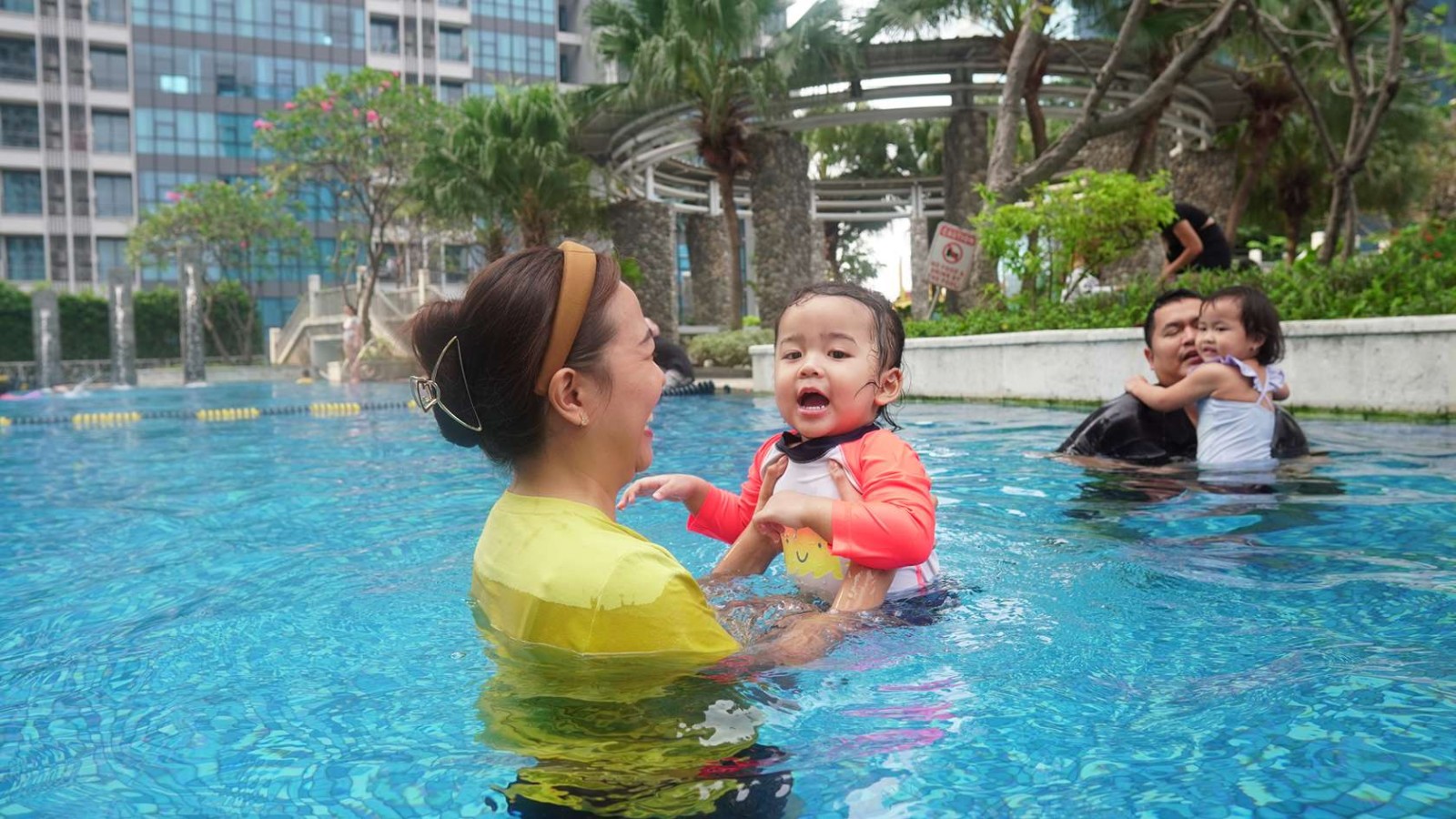What Parents Should Know About Children's Cognitive Development

Cognitive development is a critical aspect of a child's growth, encompassing the mental processes that contribute to learning, memory, problem-solving, and decision-making. The journey from infancy to adolescence is marked by significant milestones in how a child perceives, learns, and interacts with the world.
As parents, being aware of the intricacies of cognitive development is not just insightful but also pivotal in fostering a supportive environment for our children to thrive. In this article, we will explore the essential aspects of cognitive development and offer guidance on how parents can contribute to their child's cognitive growth.
What is Cognitive Development?
Cognitive development refers to the growth and maturation of a person's mental processes and abilities throughout their life span. It encompasses a wide range of skills, including perception, attention, memory, language, problem-solving, and decision-making.
The study of cognitive development explores how individuals acquire, organize, and use information as they progress from infancy to adulthood. The field of cognitive development is deeply rooted in psychology and neuroscience, seeking to understand how the mind develops and evolves over time.
Stages of Cognitive Development
Cognitive development unfolds through distinct stages, each marked by specific milestones and characteristics. The renowned psychologist Jean Piaget identified four major stages in his influential theory of cognitive development.
These stages provide a framework for understanding how individuals acquire and refine their mental abilities from infancy to adulthood:
1. Sensorimotor Stage (Birth to 2 years)
This initial stage focuses on the period from birth to around two years of age. During this phase, infants primarily interact with their environment through sensory perceptions and motor activities.
They learn to coordinate their sensory input with motor actions, gradually developing a sense of object permanence—the understanding that objects continue to exist even when out of sight.
2. Preoperational Stage (2 to 7 years)
In the preoperational stage, children between the ages of two and seven begin to develop symbolic thinking and language skills. However, their thinking is characterized by egocentrism, where they struggle to see things from other perspectives.
They also exhibit animism, attributing human-like qualities to inanimate objects. While their imagination and creativity flourish, logical reasoning is not fully developed during this stage.
3. Concrete Operational Stage (7 to 11 years)
Marked by the development of logical thought, the concrete operational stage sees children aged seven to eleven acquiring the ability to think more systematically. They start to understand principles of conservation (e.g., the amount of liquid remains the same despite changes in container shape).
Abstract reasoning, however, is still challenging for them. Problem-solving becomes more structured and less reliant on concrete objects.
4. Formal Operational Stage (12 years and beyond)
The formal operational stage, typically starting around age twelve and continuing into adulthood, is characterized by advanced cognitive abilities. Abstract and hypothetical thinking become more refined, enabling individuals to engage in deductive reasoning and systematic problem-solving. They can contemplate future possibilities, understand complex concepts, and think critically about various scenarios.
What Should Parents Do?
Fostering healthy adolescent cognitive development is a crucial responsibility for parents, as it sets the foundation for a teenager's intellectual growth, problem-solving skills, and decision-making abilities. Here are key strategies for parents to support and enhance their adolescent's cognitive development:
1. Ensure Adequate Sleep, Hydration, and Nutrition
Adolescents are undergoing rapid physical and cognitive changes, and sufficient sleep, hydration, and nutrition are fundamental to their overall well-being. Encourage a consistent sleep schedule, promote healthy eating habits, and emphasize the importance of staying hydrated. These factors not only impact physical health but also play a significant role in cognitive functioning and emotional regulation.
2. Include Adolescents in Discussions
Engaging adolescents in discussions about a variety of topics, issues, and current events is a powerful way to stimulate cognitive development. This inclusion fosters critical thinking, broadens their perspectives, and helps them develop informed opinions. Encourage an open and non-judgmental environment where they feel comfortable expressing their thoughts and asking questions.
3. Encourage Independent Thinking
Adolescence is a period of identity formation, and encouraging independent thinking is vital. Allow adolescents the space to explore their own ideas, values, and beliefs.
Provide opportunities for them to make choices and decisions, and be supportive even if their viewpoints differ from your own. This promotes autonomy and strengthens their ability to think critically.
4. Assist in Goal Setting
Help adolescents identify and set their own goals, both short-term and long-term. This process not only instills a sense of purpose but also develops essential planning and organizational skills.
Support them in breaking down large goals into manageable steps, and celebrate their achievements along the way. This involvement empowers adolescents to take control of their futures.
5. Compliment Well-Thought-Out Decisions
Acknowledge and praise adolescents when they make well-thought-out decisions. Positive reinforcement reinforces their ability to think critically and make responsible choices.
This approach builds confidence and encourages them to continue exercising their cognitive skills. Constructive feedback also plays a role in guiding them toward sound decision-making.
Ready to Shape Bright Futures?
Understanding and actively participating in our children's cognitive development is paramount for fostering their overall well-being and future success. As parents, we play a crucial role in creating an environment that stimulates and nurtures their cognitive abilities.
Enrolling children in physical academies like the Rockstar Academy can significantly aid in their cognitive development. The immersive experiences offered by such academies not only enhance physical skills but also promote cognitive abilities. Through activities like music, dance, and sports, children learn coordination, rhythm, problem-solving, and spatial awareness.
Our Sports & Performing Arts programs are designed to inspire creativity, foster cognitive development, and instill a love for learning in your child. Contact Rockstar Academy now to secure your early childhood education in an educational adventure like no other. Give them the Rockstar start they deserve!
FAQ
1. What is an example of cognitive development?
Cognitive development involves the growth of intellectual abilities and processes. An example is a child transitioning from basic object recognition in early infancy to more complex problem-solving and abstract thinking in later stages.
2. How do you develop cognitive development?
Cognitive development can be nurtured through diverse experiences, engaging activities, and a supportive environment. Encourage curiosity, provide stimulating educational resources, and promote interactive learning. Age-appropriate challenges and positive reinforcement play vital roles in fostering cognitive growth.



